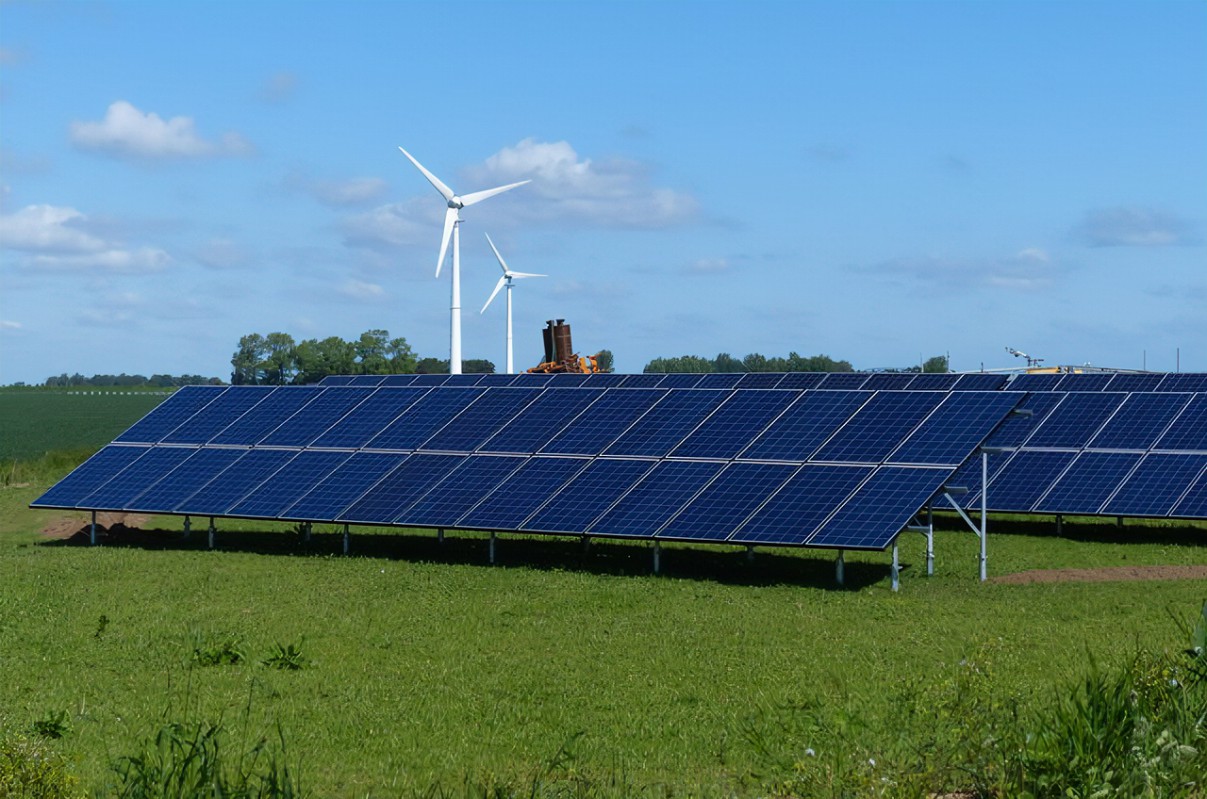
With the global conversation surrounding energy policy and climate change growing ever more urgent, it seems that everyone—from politicians to Ph.D. students—is weighing in on the matter.

At the heart of the debate is a confrontation between the behemoths of the fossil fuel industry and the burgeoning renewable energy sector, with revelations emerging that dark money and misinformation are fueling a stealth war over the future of energy.

On one side of the battlefield, the dirty energy sector, often seen as the proverbial ‘Goliath,’ is wielding its financial might to cast doubt on the science of climate change and influence political campaigns.

As a Ph.D. student using the TikTok platform to debunk financial myths about clean energy points out, the profits of companies like Shell tower over the U.S. climate research budget, highlighting the disparity in financial resources between the two camps.

In the first quarter of 2024 alone, Shell announced profits of $7.7 billion, while the climate research budget in the United States amounts to roughly $10-15 billion.

As per a White House fact sheet, a total of $4.5 billion was allocated for climate research to agencies like NASA, the National Oceanic and Atmospheric Administration, and the National Science Foundation in the previous year.

Additionally, approximately $9.5 billion was earmarked for climate finance initiatives.

Rosh points out that this amount is “one-fifth” of the $68.9 billion designated for highway maintenance within the budget.

This financial clout enables the fossil fuel industry to engage in extensive lobbying and political contributions, a practice often shrouded in secrecy.

“You’ll quickly find that the fossil fuel industry spends millions of dollars directly influencing politicians and lobbying against climate action,” the student, Rosh, says in his TikTok video.

Such influence is not only limited to lobbying; it also extends to the dissemination of misinformation.

Renewable energy advocates face an uphill battle, not only against the financial influence of their opponents but also against a tide of misinformation.

In a video on TikTok, Rosh addresses a claim made by an anti-environmental Canadian politician suggesting that renewables inherently depend on fossil fuels.

He counters this by equating it to saying the lightbulb could never replace the candle because lightbulbs need candlelight for their production—a clearly flawed argument.

Over 20% of the energy generated in the U.S. in 2023 came from renewables, with that number reaching around 35% globally, pointing to the undeniable growth and potential of the sector.
Relevant articles:
– Ph.D. student debunks common financial myth about clean energy: ‘Millions of dollars directly influencing politicians’, The Cool Down
– Ph.D. student debunks common misinformation about renewable energy transition: ‘So many people don’t understand’, The Cool Down
– Unmasking Dark Money: How Fossil Fuel Interests Can Undermine Clean Energy Progress, Kleinman Center for Energy Policy
